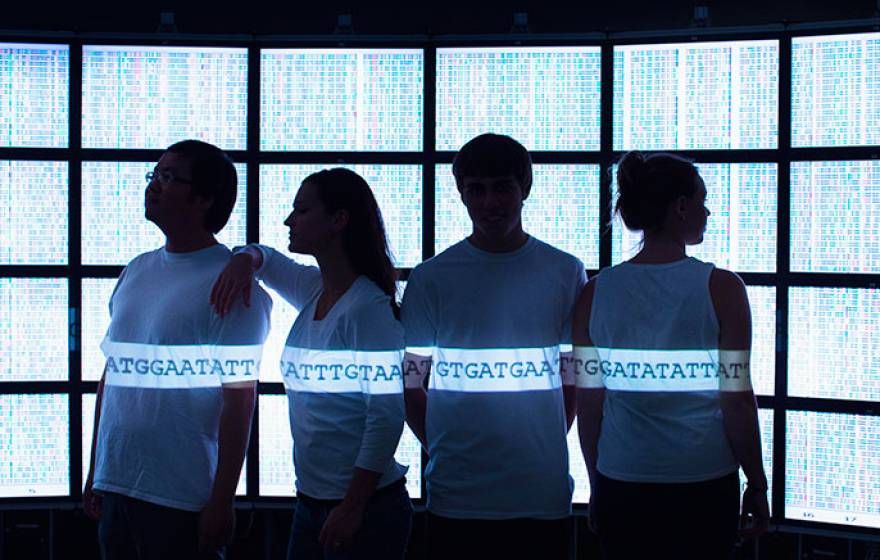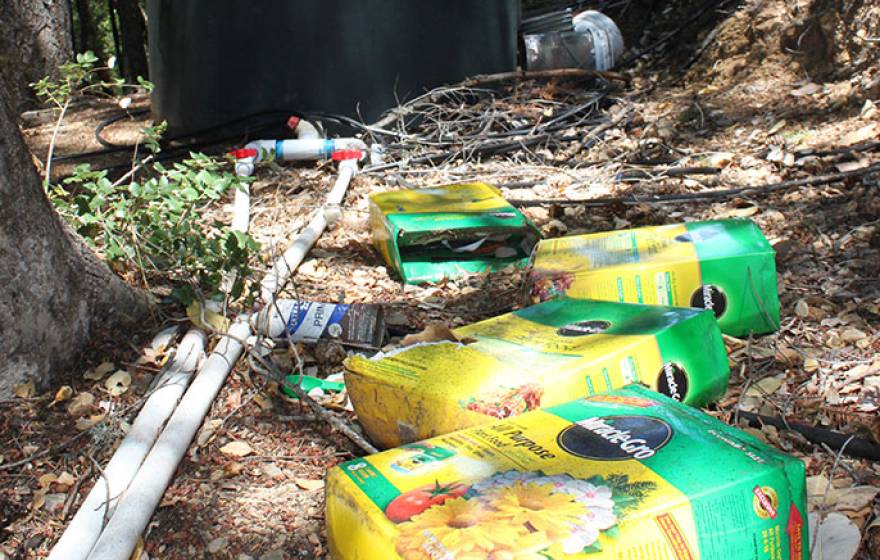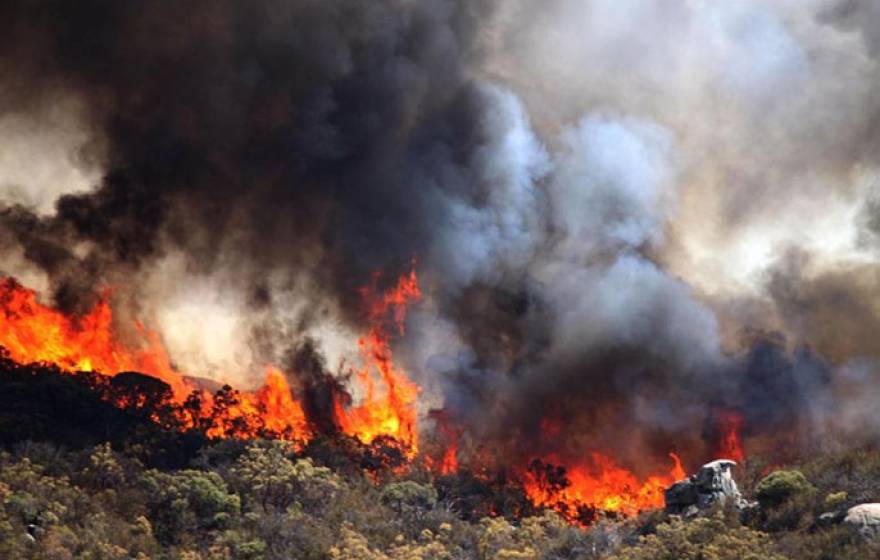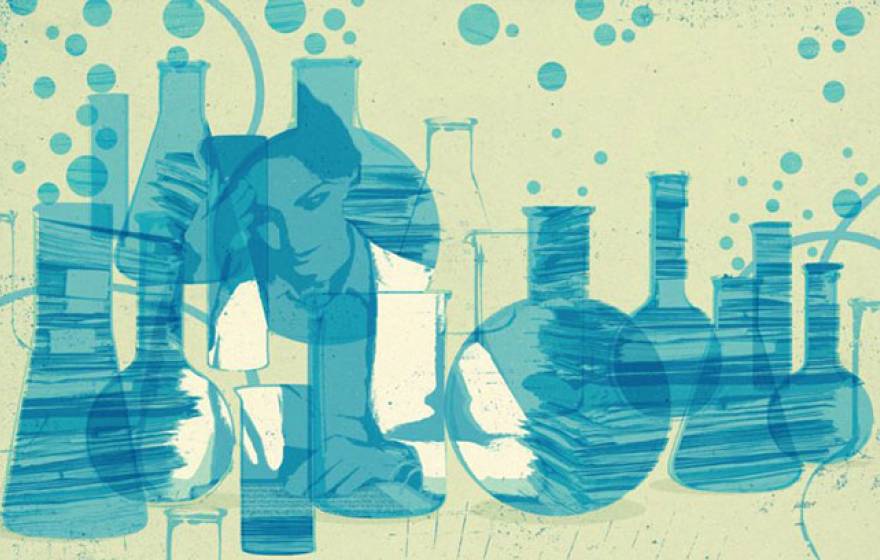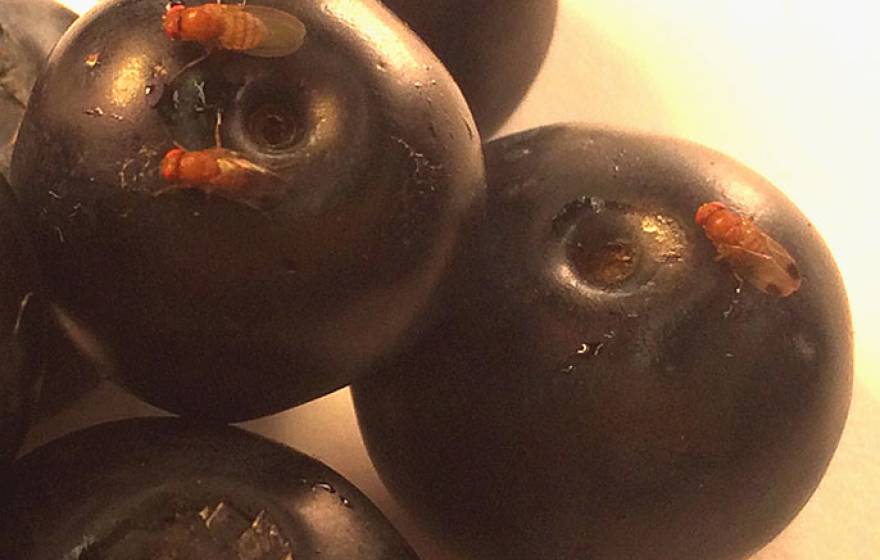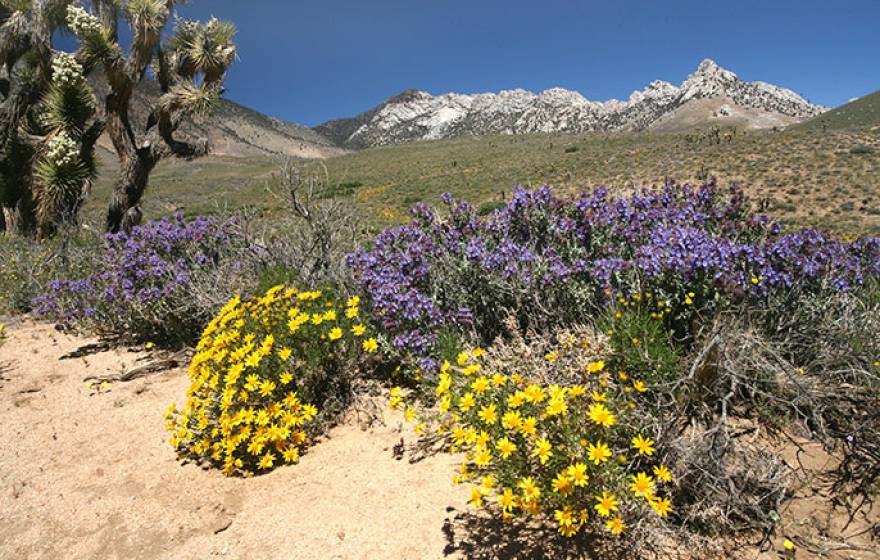UC Santa Cruz |
A visionary, a genius, and the human genome
In 2000, two dogged researchers defied the odds to become the first in the world to assemble the DNA sequence of the human genome.
Huffington Post |
A simple smile can help curb racial bias
Study, co-authored by a UC Berkeley professor, suggests that smiling at or sharing a positive moment with someone of another race can have a big impact on others.
UC Riverside |
Undergraduate discovers new firefly species
Discovery is among a few little-seen firefly species found in Southern California.
UC Irvine |
Minority children underrepresented in special education
Findings contradict prior research, public perception, and federal legislation and policies.
UC Berkeley |
Environment takes big hit from water-intensive marijuana cultivation
Irrigation, pest control and garbage take heavy toll on drought-stressed watershed areas.
UC Riverside |
Forecast for Southern California’s 2015 fire season
Fire ecologist spells out what could be ahead for the Southland in this fourth year of severe drought. (Image courtesy of Cal Fire)
UC San Francisco |
Science interrupted
Young investigators must sideline science to compete for scarce funding.
UC Riverside |
Scientists find safe repellent that protects fruit from pesky pest
Pleasant-smelling chemical compound effectively wards off spotted wing Drosophila, lab experiments at UC Riverside show.
UC Davis |
California’s wildflowers losing diversity in face of warmer, drier winters
Similar trends have been found in other Mediterranean environments, such as those of southern Europe.
UCLA |
New technology stores solar energy for weeks, not microseconds
New design, inspired by the way plants generate energy through photosynthesis, could be a game-changer in how solar cells are designed.
UC Berkeley |
Humans’ built-in GPS is our 3-D sense of smell
Our brains are wired to convert smells into spatial information, allowing us to navigate territory by following one's nose.
UC Riverside |
Mantis shrimp inspires body armor and football helmet design
Tough crustacean inspires new body armor and football helmet designs.
